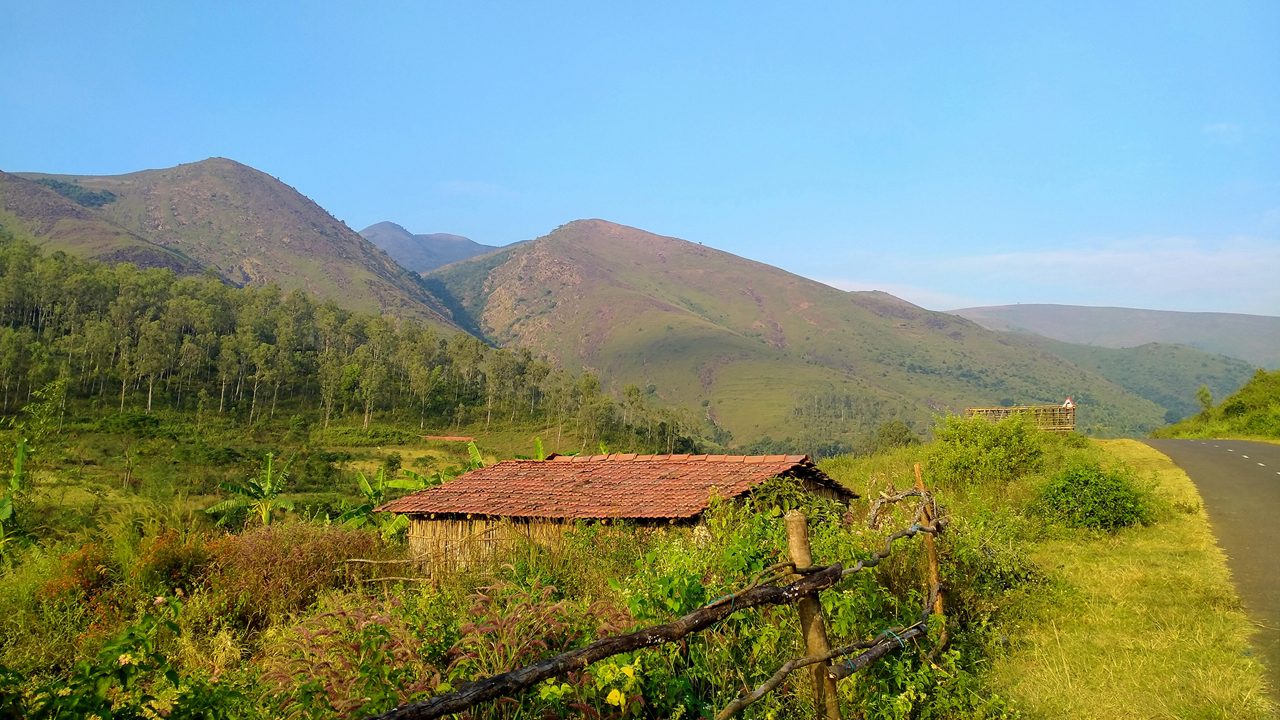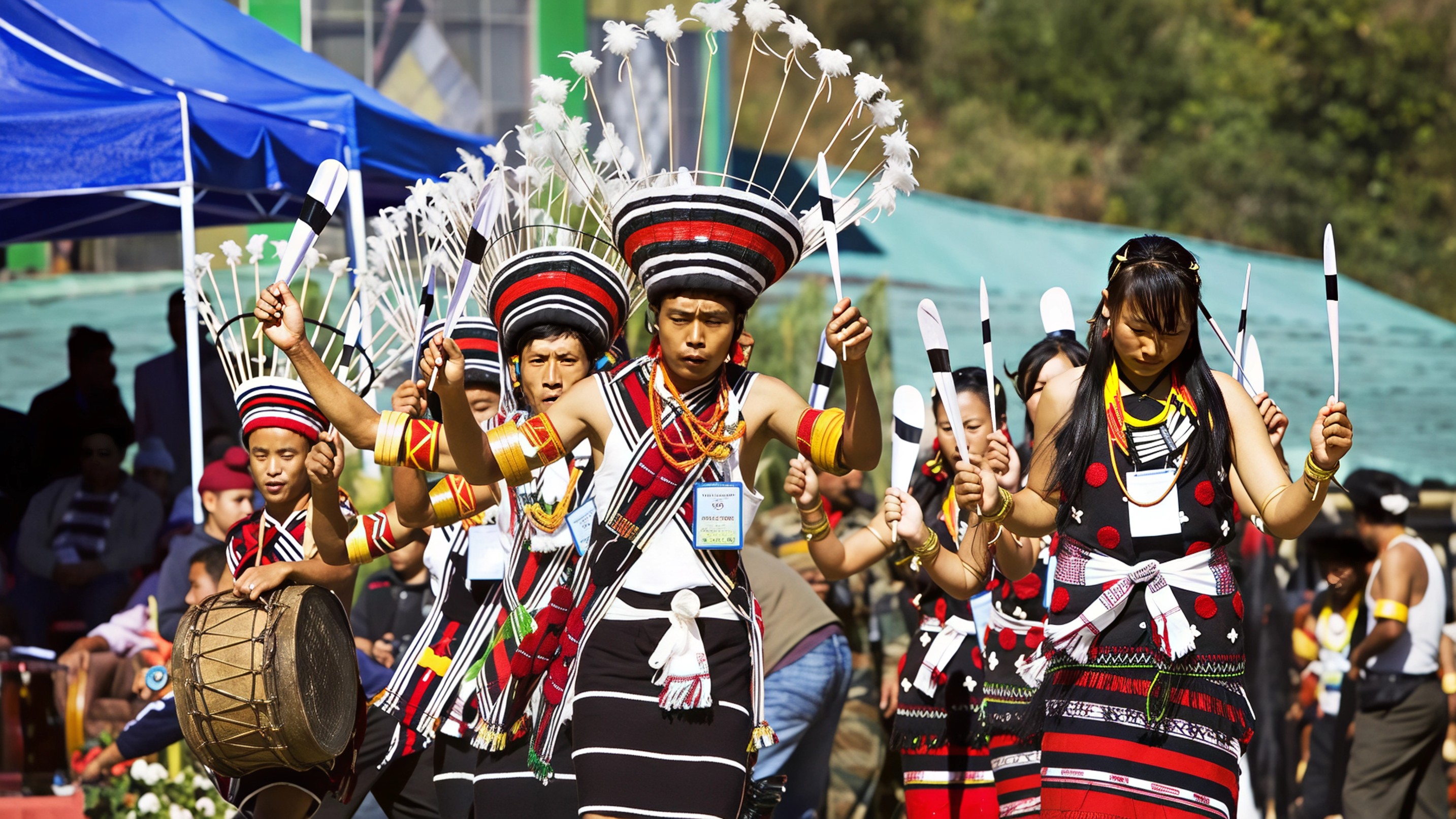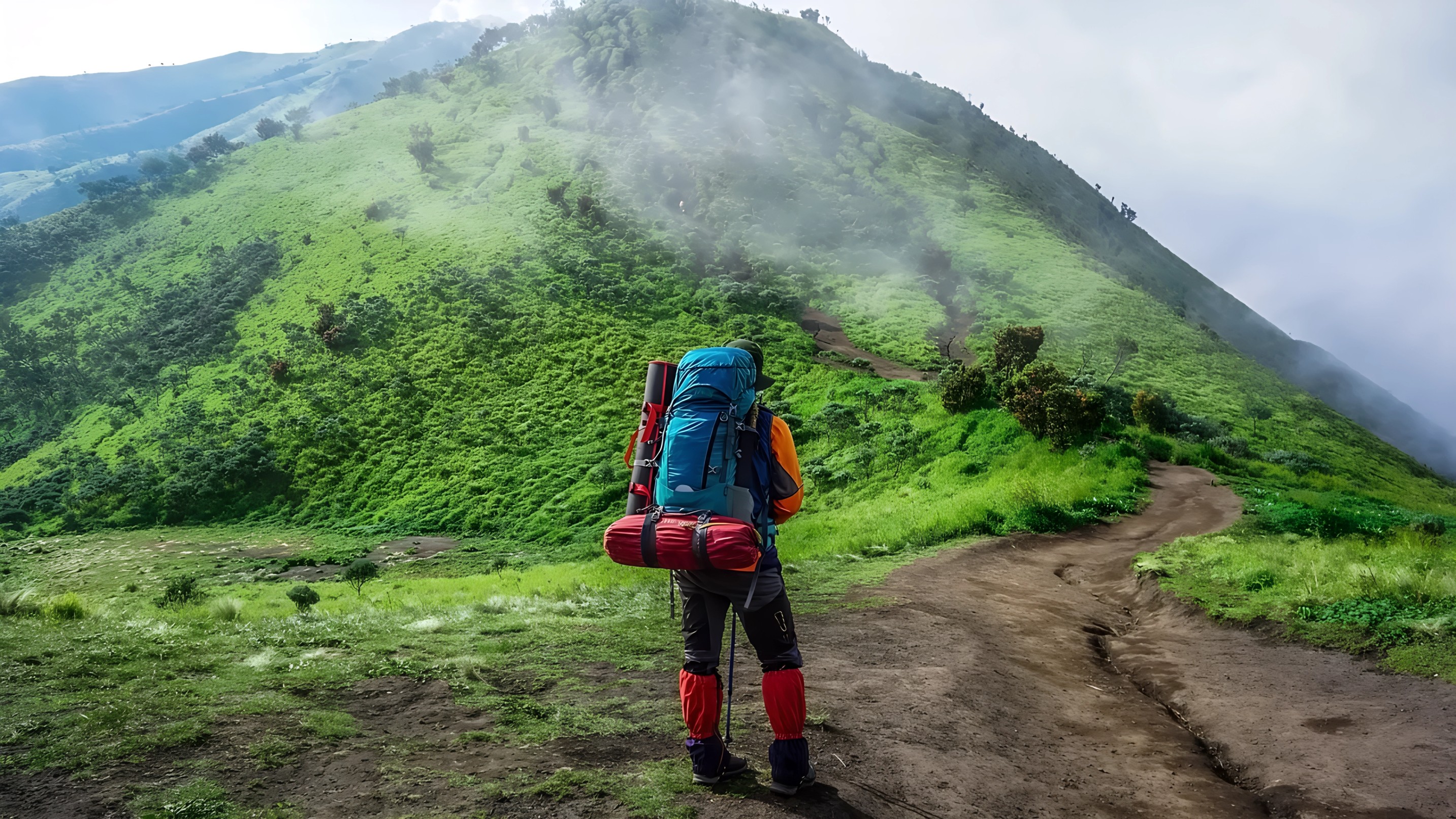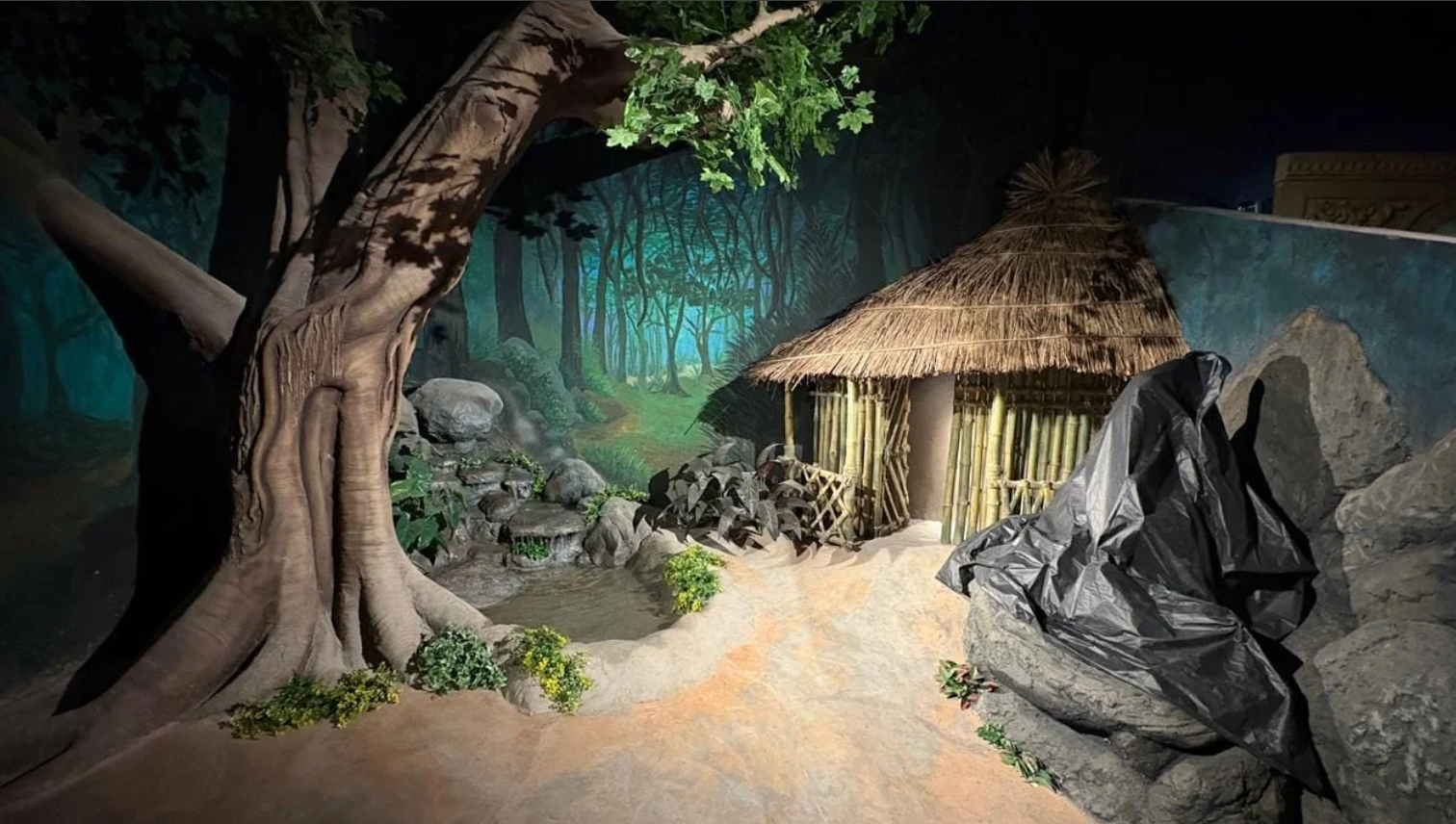Tucked away in southern Odisha, the Koraput district quietly holds some of India’s most untouched landscapes. Deomali and Talamali, two prominent peaks in this region, are now drawing attention for their natural beauty, cultural depth and cinematic relevance. Once reserved for trekkers and regional explorers, these highlands are beginning to feature on more mainstream travel itineraries, especially after being chosen as key filming locations for director SS Rajamouli’s upcoming movie. Still, despite the rising buzz, the terrain retains its raw charm and a stillness that feels far removed from commercial tourism.
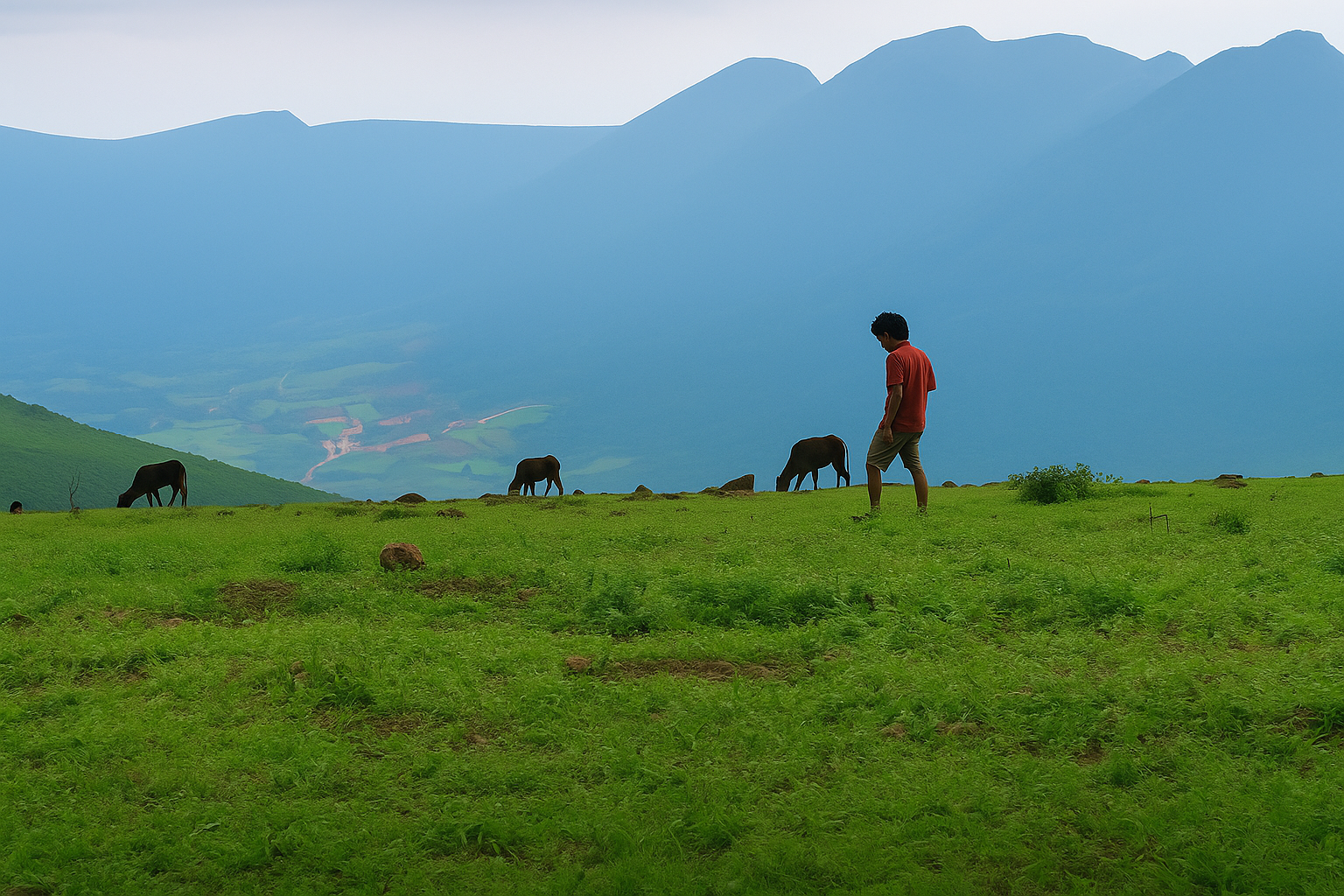
The journey to Koraput begins from Visakhapatnam, a coastal city that slowly gives way to forests and gentle hills as one drives inward toward Rayagada. In about four hours, the coastal breeze fades and the terrain shifts into the Eastern Ghats. The roads here wind past small tea stalls and village fields, eventually arriving in Similiguda, a quiet town that acts as a base to explore both Deomali and Talamali. From this point forward, navigation feels less like map following and more like storytelling, guided by local knowledge, memories, and handwritten directions.
Koraput’s landscape is richly layered. It is not entirely mountainous, nor fully forested, but blends elements of both into a geography that is deeply tied to the tribal communities who inhabit it. The Paraja, Gadaba, Bonda and Kondh tribes have lived here for generations. Their customs, dialects, and ways of life are as much a part of the place as the hills themselves. Visitors coming here encounter not just a destination but a living culture, expressed quietly through the rhythms of daily life.
Deomali, at 1672 meters above sea level, is Odisha’s highest peak. It sits about two hours from Similiguda by road and feels both vast and intimate at once. The drive is straightforward but modest, and the arrival is unceremonious. There are no grand entryways or heavily branded checkpoints. Instead, there is open space, high altitude, and the quiet dignity of rolling hills stretching into the horizon. On misty mornings, the lower valleys stay partially hidden under shifting clouds, while the upper ridges shimmer under thin sunlight. The landscape speaks softly, and that may be its most powerful quality.
A short drive from Deomali lies Talamali, a peak that remains less known and even less visited. Where Deomali appears in guidebooks and travel brochures, Talamali barely registers in formal tourism. But to those who have walked its summit, it offers something unique. Locals call it the Table Top Mountain, named for its perfectly flat expanse at the top. There are no built up paths or obvious signage. The mountain is approached through memory and community. A young guide from the Gadaba tribe accompanies visitors on the final stretch, letting the silence of the region set the pace.
The view from Talamali is broad and uninterrupted. The sky feels unusually close here, and during the monsoon, mist creeps in from every side. The land falls away gently in all directions, exposing the long ridges and folds of the Eastern Ghats. It is a place that invites stillness, but not without a sense of awe. On the way to the summit, villagers move through the landscape quietly, going about their daily routines. Their presence is gentle but grounding, reminding travellers that these places are not just picturesque views but lived in spaces.
Currently, there are very limited stay options near Deomali or Talamali. At the base of Deomali, there is a small eco stay with basic amenities, though plans for a larger project have been halted due to a legal order. Talamali does not have any such setup. Most visitors stay in Rayagada or Semiliguda. Anija Golf Resort in Rayagada, located around a hundred kilometres away, offers one of the few full service accommodations in the region. It also conducts day trips to both peaks, often including local cuisine and guides who understand the land.
As attention grows, there is also a need to balance access with responsibility. Some signs of careless tourism have already begun to show, with plastic wrappers and other waste appearing along the slopes. If these highlands are to remain pristine, conservation efforts must start with awareness and a simple respect for the terrain. For those who choose to explore it, Deomali and Talamali offer not just scenic beauty but a connection to a slower, deeper rhythm of life.
For more hidden travel destinations, offbeat itineraries and stories from India’s untouched corners, follow Travel Moves on Instagram and Facebook.

